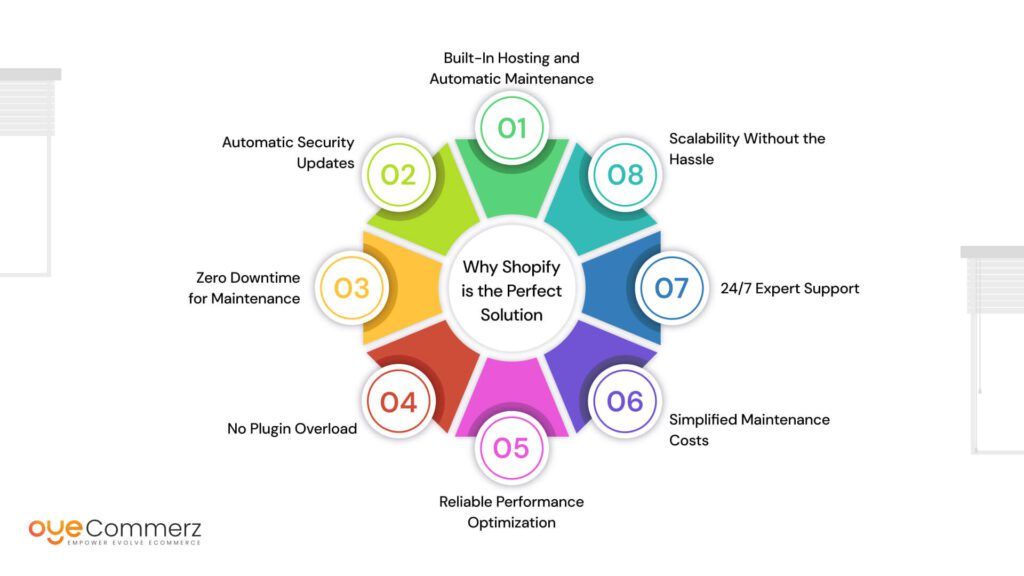In the ever-evolving landscape of online retail, choosing the best system is crucial for your brand’s prosperity. If you’re at the moment using WordPress and considering a migration to an alternative, you’re not by yourself. Numerous businesses are switching to utilize Shopify’s comprehensive capabilities, user-friendliness, and growth potential. This guide will take you through the process of migrating from WP to Shopify smoothly, making sure that you achieve your eCommerce potential.
Why Switch from WordPress to Shopify?
Before exploring the migration process, it’s important to understand why this change can be beneficial for your digital storefront:
User-Friendly Interface: Shopify provides an straightforward system that streamlines store operations, making it easier for non-technical users.
Scalability: As your business develops, Shopify can handle higher traffic and transactions without compromising performance.
Built-in Tools: Shopify provides built-in resources for search engine optimization, analytics, payment processing, and more, minimizing the need for several plugins.
Enhanced Security: With Shopify, you get access to advanced security measures that secure confidential customer data.
Steps for a Seamless Migration
Migrating your online store from WordPress to Shopify involves key phases.
Here’s how to facilitate a successful transition:
Plan Your Migration Plan
Start by outlining your migration strategy. Identify which aspects of your existing site you plan to move, such as:
Product data
Client data
Transaction records
Blog content
Choose the Best Migration Package
Considering your needs, opt for a migration package that aligns with your eCommerce goals. Migration experts provides various choices:
Starter Package: Suitable for boutique stores with limited products.
Standard Migration Package: Recommended for growing businesses with more complex requirements.
Premium Migration Package: Best for larger stores demanding custom customization.
Save Your Content
Before beginning the migration, ensure that you have a full backup of your WordPress site. This action is essential in case anything goes off track during the move.
Retrieve Your Information from WP
Utilize extensions or manual methods to extract essential content from your WordPress site:
Items
Clients
Transactions
Articles
Import Information into Shopify
After you have your data exported, utilize Shopify’s built-in features or specialized apps to migrate your data into your updated store. Verify that all content is properly formatted and aligned.
Customize Your Shopify Store
Once importing information, customize your Shopify platform’s design to match with your style. Look into working with a designer if you need advanced customization.
Configure TransactionOptions and Delivery Settings
Arrange payment gateways and delivery choices in Shopify to create a seamless purchase experience for customers.
Adopt SEO Standards
To maintain your online visibility during the change:
Set up 301 link updates from previous URLs to migrated ones.
Update meta tags.
Enhance media and content for search engines.
Review Your Migrated Store
Prior to going live, extensively test your Shopify store. Look out for any broken links, transaction errors, or untransferred content.
Go Live Your Platform
When everything is in place, it’s time to publish! Announce explore online store migration the transition to your clients and invite them to explore the updated capabilities of your Shopify store.
Post-Migration Guidance
Following launching your updated store, regular assistance is essential. Think about engaging experts who can help with:
Troubleshooting
Promotional campaigns
Enhancing features
Conclusion
Migrating from WordPress to Shopify can be a transformative move for your eCommerce. By using this guide and leveraging experts like those offered by dedicated providers, you can achieve a smooth transition that enhances your online presence. Accept the change and unlock the full capabilities of Shopify for small business Shopify today!
